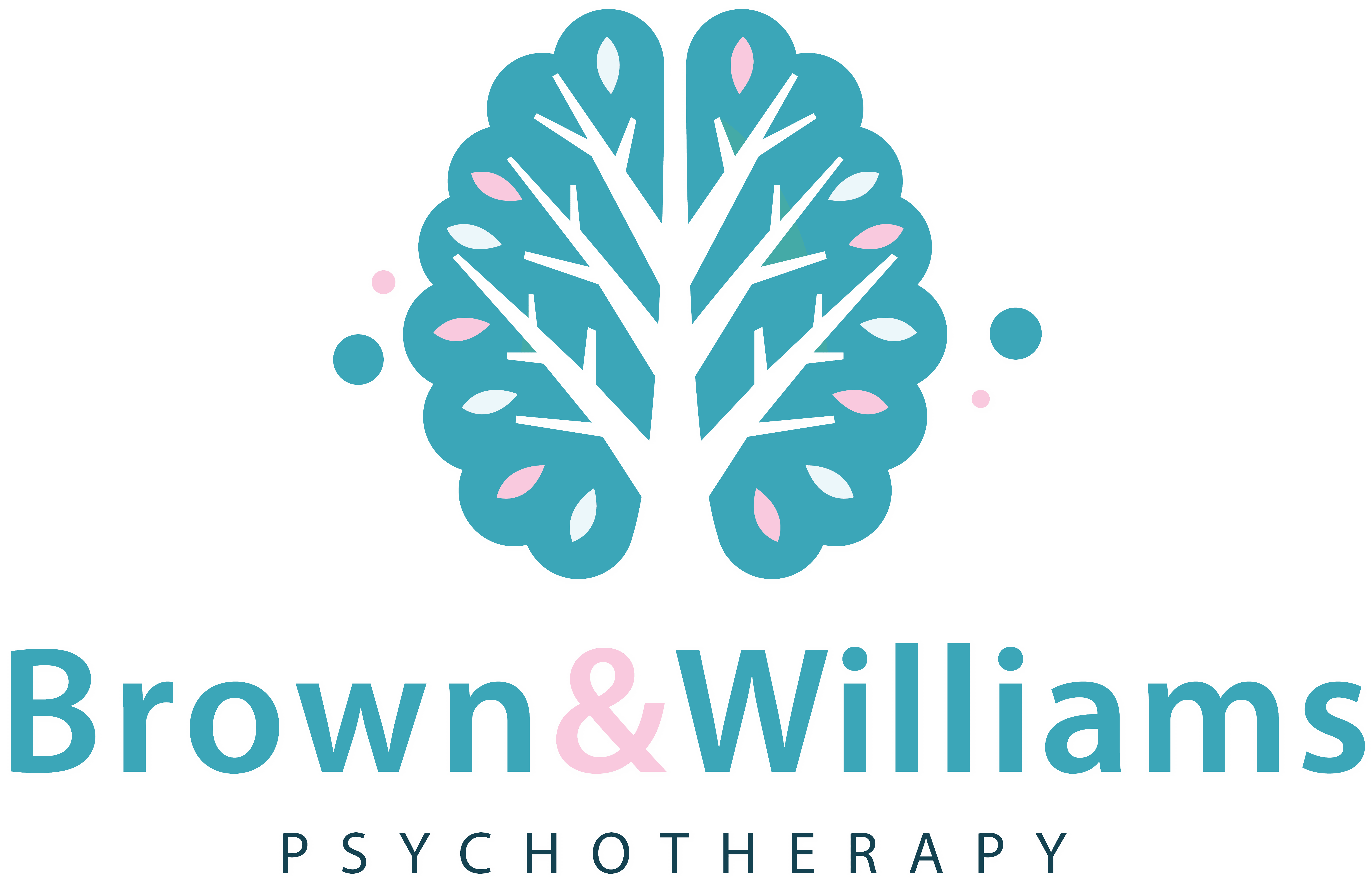Relationships can be challenging, even in the best of times. Miscommunication, unresolved conflicts, and unmet emotional needs can create distance between partners. If you and your partner have been feeling disconnected, there’s hope. Emotional Focused Couples Therapy (EFT) is one of the most effective approaches for rebuilding and strengthening relationships.
Let’s dive into what EFT is, how it works, and why it’s widely considered the gold standard for couples therapy.
What Is Emotional Focused Couples Therapy (EFT)?
EFT is a short-term, structured approach to couples therapy developed by Dr. Sue Johnson in the 1980s. Based on attachment theory, EFT focuses on identifying and reshaping negative interaction patterns that cause emotional distress in relationships.
At its core, EFT helps couples recognize and address their unmet emotional needs and develop stronger bonds built on trust, empathy, and connection.
Research has consistently shown EFT to be highly effective, with approximately 70–75% of couples reporting significant improvement in their relationships and 90% experiencing greater emotional closeness.
3 Core Goals of Emotional Focused Couples Therapy
EFT centers on three key goals to help couples reconnect and thrive:
- Identify and Understand Negative Patterns
Partners learn to recognize recurring cycles of conflict or emotional withdrawal that keep them stuck. Understanding these patterns helps reduce blame and creates space for compassion. - Access and Share Vulnerable Emotions
EFT helps partners explore and express underlying emotions such as fear, sadness, or longing in a safe, nonjudgmental environment. Sharing these feelings fosters a deeper emotional connection. - Build a Secure Emotional Bond
By addressing vulnerabilities and meeting each other’s emotional needs, partners create a secure bond that enhances intimacy and trust.
5 Signs That EFT Could Help Your Relationship
How do you know if EFT is right for you and your partner? Here are five signs to look out for:
- Frequent arguments that feel unresolved or repetitive.
- Emotional distance or lack of intimacy.
- Difficulty communicating needs or understanding your partner’s emotions.
- Feelings of insecurity or mistrust in the relationship.
- A desire to rebuild connection and improve the relationship.
If any of these resonate, EFT can provide the tools and guidance to navigate challenges and strengthen your bond.
How EFT Works
EFT is typically conducted in 8–20 sessions, though the exact duration depends on the couple’s unique needs. Here’s a breakdown of the process:
- Assessment and De-escalation
The therapist helps the couple identify negative interaction patterns and explore the emotions driving these behaviors. This step reduces tension and creates a foundation for change. - Restructuring the Bond
Partners learn to express their vulnerable emotions and listen to each other with empathy and understanding. This stage helps rebuild trust and connection. - Consolidation and Integration
The couple practices new, healthier interaction patterns and deepens their emotional bond, leaving them better equipped to handle future challenges together.
Why EFT Is Considered the Most Effective Approach
- Science-Backed Results
EFT is grounded in decades of research and is one of the most empirically supported approaches to couples therapy. Studies consistently show its effectiveness in reducing distress and improving relationship satisfaction. - Focus on Emotional Connection
Unlike other methods that emphasize problem-solving, EFT prioritizes emotional bonding. This focus on feelings and attachment creates lasting change. - Adaptability
EFT can help couples of all backgrounds, including those navigating cultural differences, trauma, or life transitions. It’s also effective for couples in same-sex relationships. - Long-Lasting Outcomes
EFT doesn’t just address surface-level issues; it targets the emotional core of a relationship, leading to lasting improvements in communication, trust, and intimacy.
Self-Care Tip: Practice Emotionally Attuned Communication
While working with a therapist is crucial for fully experiencing EFT’s benefits, you can start strengthening your connection at home by practicing emotionally attuned communication:
• Set aside distractions: Focus fully on your partner during conversations.
• Validate feelings: Acknowledge your partner’s emotions without judgment. Saying, “I understand why you feel that way” can go a long way.
• Express vulnerability: Share your feelings honestly, even if they feel uncomfortable. Trust grows when both partners feel seen and understood.
These small steps can foster emotional safety and pave the way for deeper connection.
When to Seek Help
EFT is a powerful tool for relationships in crisis, but it’s also highly effective for couples simply looking to strengthen their bond. If you and your partner are struggling to resolve conflicts, feeling emotionally distant, or wanting to improve your connection, a certified EFT therapist can guide you through the process.
FAQs About Emotional Focused Couples Therapy
1. How long does EFT take?
Most couples see results within 8–20 sessions, but the timeline depends on individual needs.
2. Is EFT only for couples in crisis?
No. EFT is beneficial for any couple looking to deepen their connection, whether they’re facing major challenges or simply want to grow closer.
3. Can EFT work for individuals?
Yes. While EFT is primarily used for couples, individual therapy based on EFT principles can help clients explore and strengthen their emotional bonds in other relationships.
4. Does EFT address infidelity?
Yes. EFT is highly effective for helping couples rebuild trust and connection after infidelity by addressing underlying emotional needs.
Final Thoughts
Strong relationships are built on emotional connection.
Emotional Focused Couples Therapy offers a proven path to deeper understanding, better communication, and lasting intimacy. Whether you’re working through challenges or simply seeking to strengthen your bond, EFT provides the tools to build a relationship rooted in trust and love.
Remember: Every relationship faces difficulties, but with intentional effort and the right guidance, you can navigate them together.

